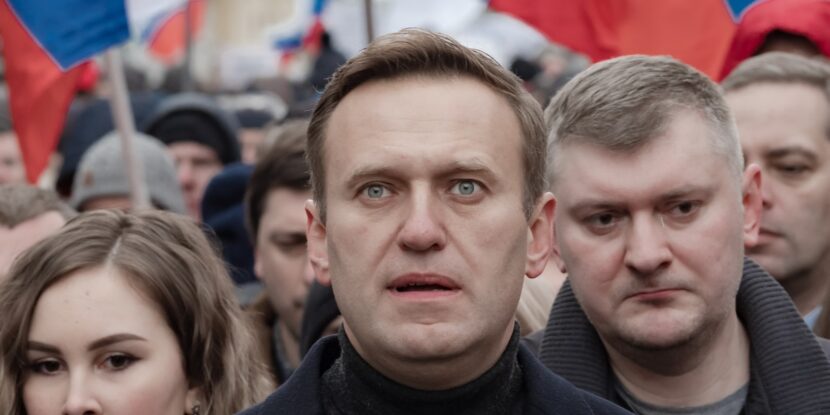Russian opposition leader Alexei Navalny has reportedly died in an Arctic penal colony. Western media and politicians are, predictably, lionizing him as a “free spirit” and martyr for democracy — but the truth about the late 47-year-old is more complex.
A political chameleon, he spent his final years as a staunch critic of the Ukraine war, advocating for Russia to pay reparations and legalize gay marriage — knowing, as a prisoner of the Kremlin, that his prospects depended entirely on currying favor with the Western establishment and hoping for Putin to come to a sticky end.
Things were quite different, however, when he was a younger man with a real presence in domestic politics. Back then, Navalny positioned himself to Putin’s right, tying up with Russian March activists more concerned with protesting demographic change than corruption.
“Immigrants from Central Asia bring in drugs,” Navalny complained in 2012 — remarks that would have earned him the lifelong enmity of the Western media-political class if he had been an American candidate expressing the same sentiments about, say, Mexicans.
He has gone much farther than that, too. Like the Russian March activists he allied with, he advocates a “Russia for [ethnic] Russians” and once posted a video of himself dressed as a dentist, comparing immigrants to cavities in need of removal. He peppered his pitch with photographs of corpses, Nazi iconography, and a graphic video of a cartoon character having its lower jaw ripped off.
It remains present on his YouTube page to this day and was so objectionable to the Western left that Amnesty International temporarily stripped him of his “prisoner of conscience” status when people began pointing it out years after the fact.
‘RODENTS.’
Navalny’s “anti-imperialist” stance concerning the wars Putin has waged in Russia’s “near abroad” also appears to be calculated.
In 2011, he said the Russians, Belarusians, and Ukrainians were one people who would eventually be reunited. After the Maidan Revolution sparked the first phase of the Ukraine war in 2014, he was equivocal, suggesting the Russian intervention was wrong but agreeing Crimea was essentially Russian and could not be “handed back” to Ukraine.
Towards the end of his life, he changed his mind again, saying Crimea should indeed be “handed back” to Zelensky. This supposed “evolution” of his foreign policy positions appears even starker when we cast our minds back to 2008 when Russia invaded Georgia. Then, still a free man, with his 2013 run for Moscow mayor still years in the future, he backed intervention to the hilt and even branded the Georgians “rodents.”
Who, then, was Alexei Navalny? A firm opponent of Putin, to be sure, and one who, at times, told the Western establishment what they wanted to hear. His true convictions, if he had any, we will never know — but we do know the convictions of the people rushing to present him as something he wasn’t.


